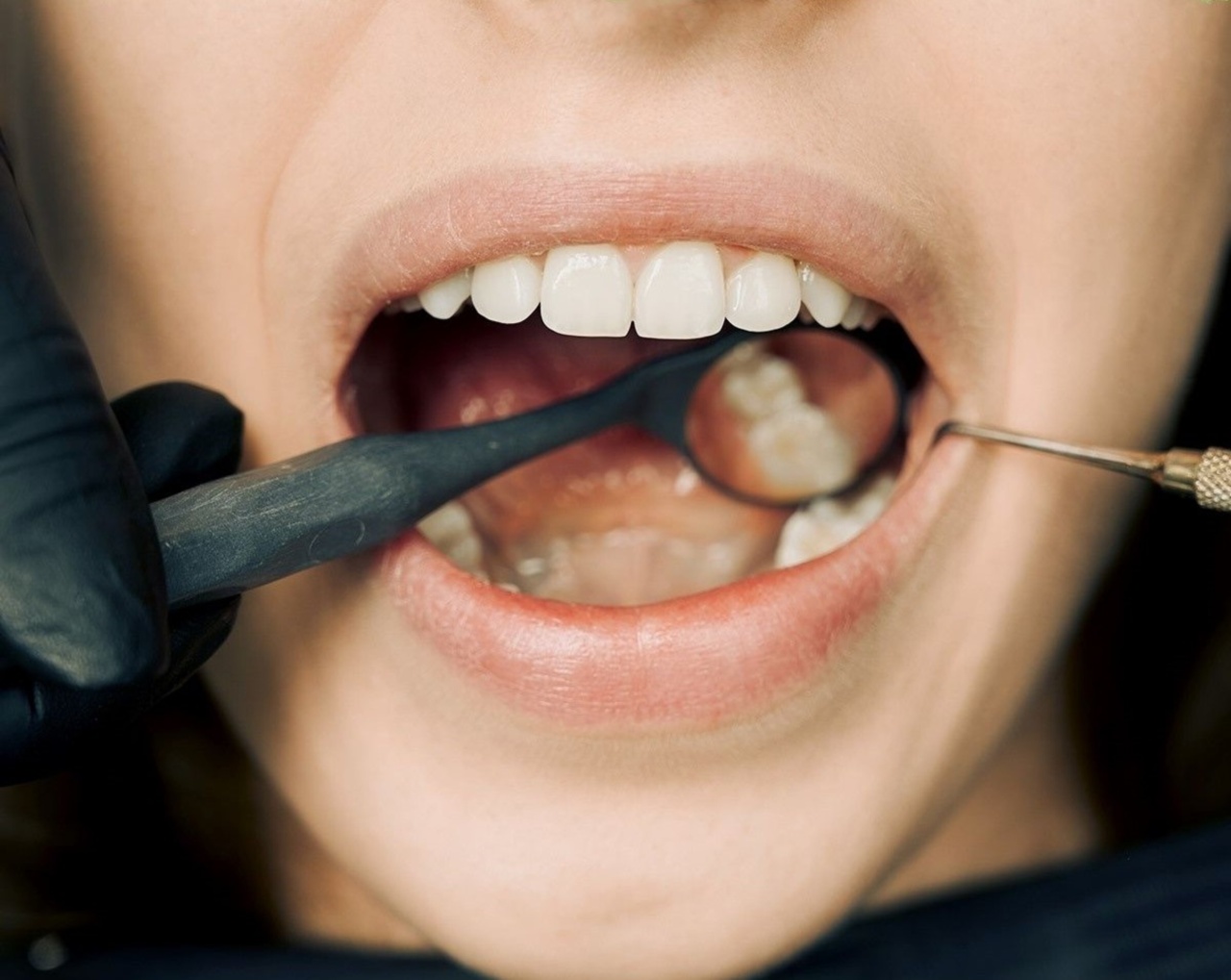Teeth cleaning is a vital aspect of oral hygiene.
But how often should one do it to ensure optimal oral health? While there is no one-size-fits-all answer to this question, there are several factors to consider when determining the frequency of teeth cleaning that’s ideal for you.
What Is Teeth Cleaning?
Teeth cleaning, also known as prophylaxis or scaling and polishing, is the process of removing plaque, tartar, and stains from teeth. This cleaning procedure is typically performed by a dental hygienist or a dentist and may involve the following steps:.
- Examination of the oral cavity to identify areas that require attention.
- Scaling to remove plaque and tartar buildup from teeth surfaces and below the gum line.
- Polishing to remove surface stains and buff teeth for a smooth finish.
- Flossing to remove residual debris and ensure complete cleanliness.
Benefits of Teeth Cleaning
The benefits of teeth cleaning go beyond just having a brighter smile; it significantly improves your oral health. Here are some of the benefits of teeth cleaning:.
- Prevents plaque and tartar buildup, which can cause tooth decay and gum disease
- Prevents bad breath by removing bacteria from the mouth
- Helps detect oral health problems early before they become severe
- Makes your teeth and smile brighter and shinier
- Strengthens your teeth and gum by removing food deposits that cause irritation or inflammation
Frequency of Teeth Cleaning
The frequency of teeth cleaning that’s optimal for you depends on individual factors such as oral hygiene habits, lifestyle, overall health, and risk of dental problems.
Here are some guidelines to help you determine how often you need to get your teeth cleaned:.
Low-risk Individuals
If you have excellent oral hygiene and no risk factors for dental problems, you can get your teeth cleaned once every year. This is enough to maintain your oral health and prevent tooth decay and gum disease.
Medium-risk Individuals
If you have moderate oral hygiene and risk factors such as smoking, diabetes, or heart disease, you may need to get your teeth cleaned every six months.
This helps prevent the progression of gum disease, which can lead to tooth loss and other health problems.
High-risk Individuals
If you have poor oral hygiene, a history of gum disease, or a weakened immune system due to a medical condition or medication, you may need to get your teeth cleaned every three to four months.
This helps prevent the recurrence or worsening of gum disease.
Factors That Affect the Frequency of Teeth Cleaning
Several factors can influence the frequency of teeth cleaning that’s recommended for you:.
Oral Hygiene Habits
Your brushing and flossing habits can affect your need for teeth cleaning. If you brush and floss your teeth after every meal, avoid sugary and acidic foods, and use an antibacterial mouthwash, you may need fewer teeth cleaning appointments.
However, if you have poor oral hygiene habits, you may need more frequent cleaning to prevent dental problems.
Diet and Lifestyle
Your diet and lifestyle can also affect your oral health. A diet rich in sugary and acidic foods increases the risk of tooth decay and gum disease.
Drinking alcohol, smoking, and using drugs can also damage your teeth and gum and increase your risk of dental problems.
Medical Conditions
Some medical conditions such as diabetes, HIV/AIDS, cancer, and autoimmune disorders can affect your oral health and increase the risk of gum disease.
If you have any of these conditions or take medications that affect your immune system or oral health, you may need more frequent teeth cleaning appointments.
Familial History
If your family has a history of dental problems such as gum disease, you may also be at risk of developing similar conditions. In this case, you may need more frequent teeth cleaning appointments to maintain optimal oral health.
Conclusion
Teeth cleaning is an essential aspect of oral hygiene that helps prevent dental problems and maintain optimal oral health.
The frequency of teeth cleaning that’s optimal for you depends on individual factors such as oral hygiene habits, lifestyle, medical conditions, and risk of dental problems. To ensure the best results, consult your dentist or dental hygienist to determine how often you need to get your teeth cleaned.




























